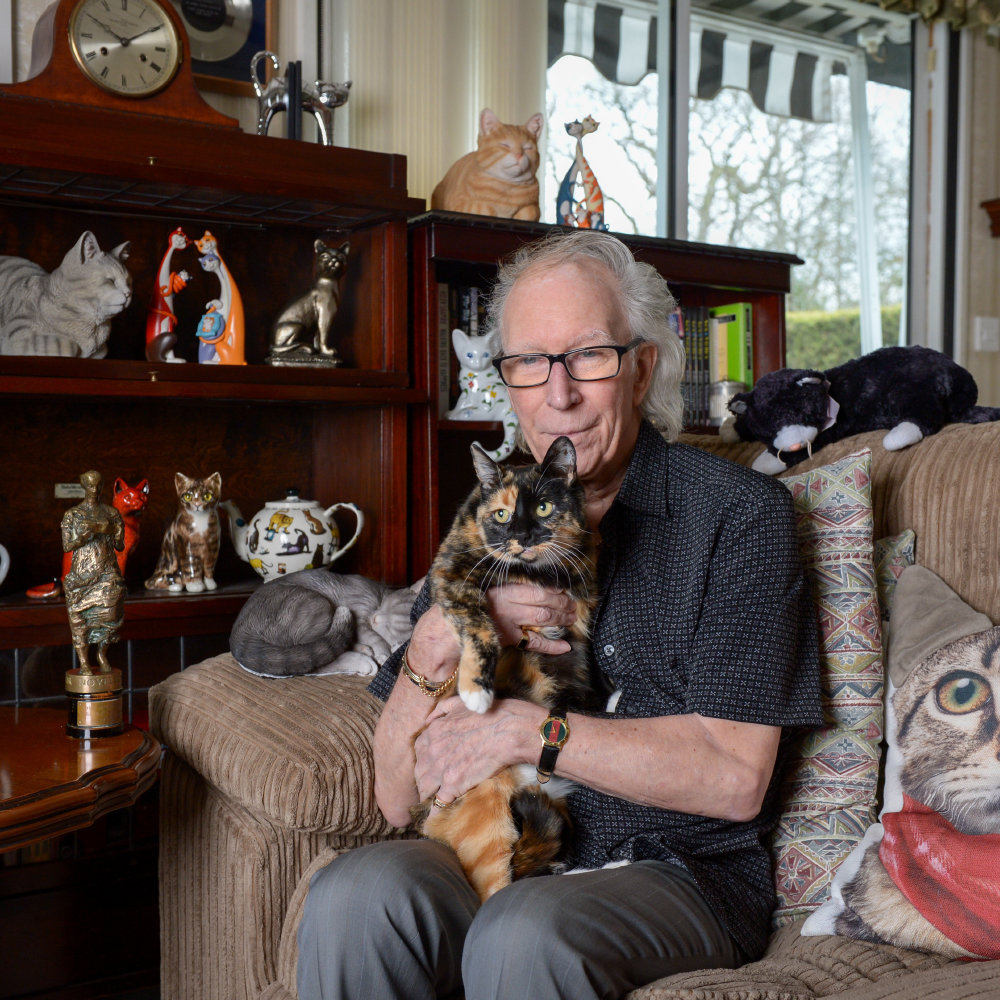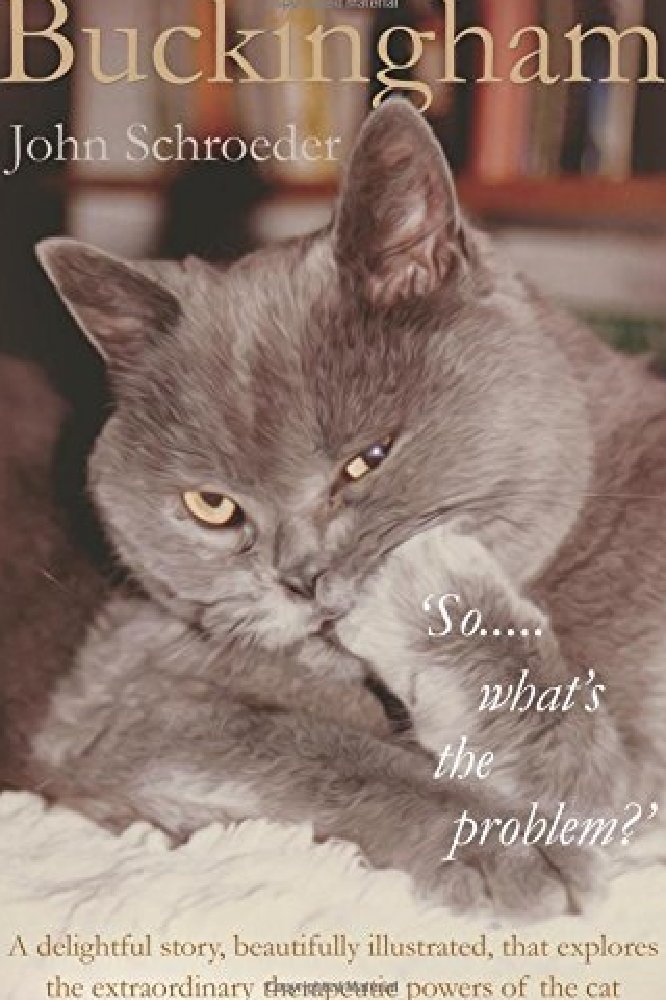It's no secret that owning a cat is fulfilling and enjoyable, but far less obvious is that they are actually good for our health.

John Schroeder
Studies have found both physical and mental health benefits associated with interacting with our furry friends, including reducing levels of stress, anxiety, and depression, encouraging exercise and playfulness, and even improving your cardiovascular health.
As well as the obvious benefits of social interaction, a cat's purr has been linked to decreasing symptoms of dyspnoea, lessening the chances of having a heart attack and even strengthening bones due to its low frequency vibrations, typically at 20-140hz.
Having cats around children from an early age, meanwhile, is believed to work wonders for reducing allergies and asthma, while studies have also suggested they offer therapeutic benefits to people with autism.
One of the reasons for this unrivalled connection is that more than any other animal, cats have evolved to become acutely attuned to humans and our behaviour and emotions. While they aren't able to understand English, cats are experts at interpreting our tone of voice, body language, and gestures.
As someone who has enjoyed the company of cats all my life I have witnessed the magic of this special bond time and again.
The most incredible example of the therapeutic power of cats concerns my late father, who was deaf, blind and wheelchair-bound towards the end of his life.
His disabilities had, effectively, locked him in his own world and it was tragic to see him reduced to gazing sightlessly out of the window every day, without purpose or any quality of life.
I visited my parents every weekend and was sad to witness my father this way, even having to put his fingers in his plate of food just to feel what he was eating.
Suddenly one day, for no obvious reason, one of my mother's cats, Beauty, jumped up onto the rug on his lap. He touched it to find out what this strange object could be and when he realised it was a cat his whole demeanour changed in an instant.
From that moment until the day he died, my father and Beauty were inseparable. To see the look of contentment and joy on his face was priceless, and all because of a humble cat.
My father's story is just one example, and the trigger for me writing my first novel, Buckingham, which mixes fantasy and reality by telling the tale of the titular Buckingham and his adventures as a 'therapy feline' - providing affection and comfort for the sick and the elderly.
Go to any nursing home and you will hear residents say that one of their main wishes would be to have a pet to stroke and hug.
The touch of a loving animal can rapidly calm and soothe us when we're anxious or upset, and ease loneliness. Recognising this, many nursing homes are thankfully now including regular pet therapy sessions.
These health perks are also being employed by charities, which take pets to visit hospital patients - both young and old - as a way to boost mental awareness, comfort and responsibility.
So, it turns out that having a furry friend to turn to can be the purr-fect way to stay healthy and happy.

Buckingham by John Schroeder (Matador) is out now in paperback, priced £10.99. Visit www.johnschroeder.co.uk.

